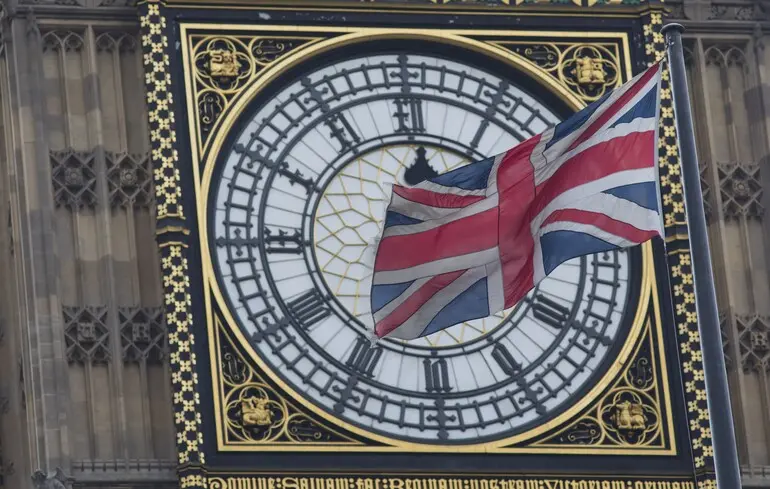Britain Proposes Utilizing Frozen Russian Assets for Ukraine Funding Through New Credit Schemes

In the United Kingdom, discussions are intensifying around the idea of leveraging frozen Russian assets to support Ukraine.
The country’s Ministry of Finance is planning to implement a large-scale financial program based on billions of pounds of Russian state assets frozen within the UK.
According to respected publication Politico, initial discussions on this matter have emerged amid efforts to find additional funding sources for Ukraine’s defense and economic stabilization following the extensive conflict.
While full confiscation of assets remains legally prohibited under international law, the UK authorities suggest creating so-called “reparations credits,” which could attract funds for Ukraine without breaching legal frameworks.
Additionally, this initiative involves cooperation with the European Union, aiming for a coordinated approach to utilize frozen assets.
Currently, around 25 billion pounds are held in Russian assets within the UK, while the EU holds approximately 185 billion euros in similar assets in Brussels.
The UK government emphasizes that only options compliant with international law and economically responsible will be considered.
The core idea is to convert frozen assets into zero-interest bonds backed by EU guarantees, allowing avoid accusations of illegal seizure of funds.
Global financial institutions have raised concerns regarding potential legal and reputational risks associated with such schemes.
Meanwhile, the EU seeks to expand Ukraine’s funding — the country is expected to face new fiscal challenges next year.
Although part of the frozen Russian assets has already been used to cover previous loans, discussions about further utilization of accumulated assets remain open.
Experts question the safety and legality of these proposals, with the European Central Bank opposing direct confiscation and expressing doubts about the EU’s reparations credit scheme.
ECB President Christine Lagarde emphasized the importance of maintaining legal safeguards and avoiding financial fragmentation.
This situation underscores the ongoing effort to balance political and legal considerations in the context of war sanctions and asset management.
Some countries, like Germany, have recently shifted their stance, showing more openness toward using frozen Russian assets to support Ukraine, reflecting changing geopolitical dynamics within Europe.
Overall, the idea of transforming vast reserves into higher-risk investments to boost aid to Ukraine sparks debates about legal, political, and financial implications across Europe.

